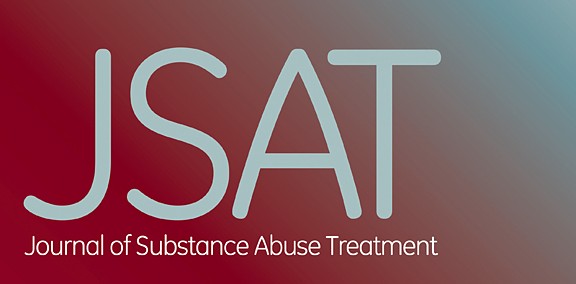Three new publications share research on COVID & policy development, racial disparities in non-emergency care, and the impact of the COVID-19 lockdown on people who use drugs by analyzing social media posts on Reddit.


COVID-19 related substance use services policy changes: Policymaker perspectives on policy development & implementation
Authors: Brandy F. Henry, Aimee Campbell, Timothy Hunt, Jessica K.Johnson, Amar D. Mandaviad, Michael Chaple, Caroline Arout, Elwin Wu, Harold A.Pincus, Edward V. Nunes, Pat Lincourt, Frances R.Levin, Nabila El-Bassel
The team from the Columbia Center for Healing of Opioid and Other Substance Use Disorders--Intervention Development and Implementation (CHOSEN) and the related COVID-19 Impact Study has published a paper with a rare look at policy and dissemination plans during COVID-19.
During COVID-19, the study authors report that "policymakers shifted to more inclusive approaches of knowledge generation and co-production of recommendations," even though they faced barriers to adopting and implementing new regulations (such as providing access to medication and services and the overcriminalization of populations needing services and resulting stigma).
The paper finds that "policymakers were enthusiastic about the opportunities resulting from the rapid change brought on by the pandemic" and "maintaining innovations may facilitate more nimble, patient-centered service delivery."
The authors conclude that "Findings from this study highlight the potential feasibility and benefits of co-produced policies for substance use services." Further, they stress the need for a consistent supply of services, improved integration with other health care services, and harm reduction support. The importance of addressing and reducing stigma and reforming the criminal justice system are also key to future innovation success and "should inform future policy maintenance and modifications to substance use services related to COVID-19."
Read the publication.
Racial Disparities in Use of Non-Emergency Outpatient Care by Medicaid-Eligible Adults After Release from Prison: Wisconsin, 2015-2017
Authors: Karli R Hochstatter, Wajiha Z Akhtar, Nabila El-Bassel, Ryan P Westergaard, Marguerite E Burns
Researchers share that one of the huge disparities -- due to structural racism -- is that "Black individuals with substance use disorders are less likely to receive effective treatment and more likely to be incarcerated compared to white individuals." Even though this disparity is well established, there is limited research documenting racial disparities in healthcare for those being released from prison and with substance use disorders.
The authors conclude, "Black adults with a history of substance use are significantly less likely than White adults to use non-emergency outpatient services after release from incarceration. Improving equitable access to outpatient services is needed to reduce health disparities across racial groups."
Read the publication.

Harnessing the Power of Social Media to Understand the Impact of COVID-19 on People Who Use Drugs During Lockdown and Social Distancing
Authors: Nabila El-Bassel, Karli R. Hochstatter, Melissa N Slavin, Chenghao Yang, Yudong Zhang, Smaranda Muresan
What impact did the COVID-19 lockdown have on people who use drugs?
The authors of a new publication headed to the social media platform, Reddit, to find out. From the start of lockdown in March 2020 through May of that year, they examined real-time experiences of people who use drugs within opioid-related “subreddits" -- which are communities where Reddit users engage in conversations on specific topics -- in this case, about drug use.
To study these conversations and determine how they changed over time, the authors used machine learning, a form of artificial intelligence that analyzes computer algorithms and makes improvements based on the data.
The most discussed topics were about take-home Medications for Opioid Use Disorder (MOUD), drug withdrawal, and recovery. Further, people shared their experiences with forced or intentional withdrawal, their confusion about whether the symptoms were from withdrawal or COVID-19, and barriers to their recovery.
Interestingly, conversations around MOUD experiences and barriers to access lessened over time, suggesting that people either experienced fewer MOUD access issues over the course of the pandemic or they became accustomed to the challenges of receiving their medications and therefore discussed it less.
The authors hope the COVID-19 pandemic can be an opportunity to inspire more healthcare systems and communities to embrace the treatment of Opioid Use Disorder with medications and to find creative solutions to the problems presented here. Since Reddit users openly discuss and exchange dialog on stigmatized issues, this platform serves as a rich tool for clinicians to become better informed about people who use drugs.
The authors conclude that "During the first three months of the COVID-19 pandemic, people who use drugs were impacted in several ways...as the pandemic progresses, providers and policymakers should consider these experiences among people who use drugs during the early stage of the pandemic."
